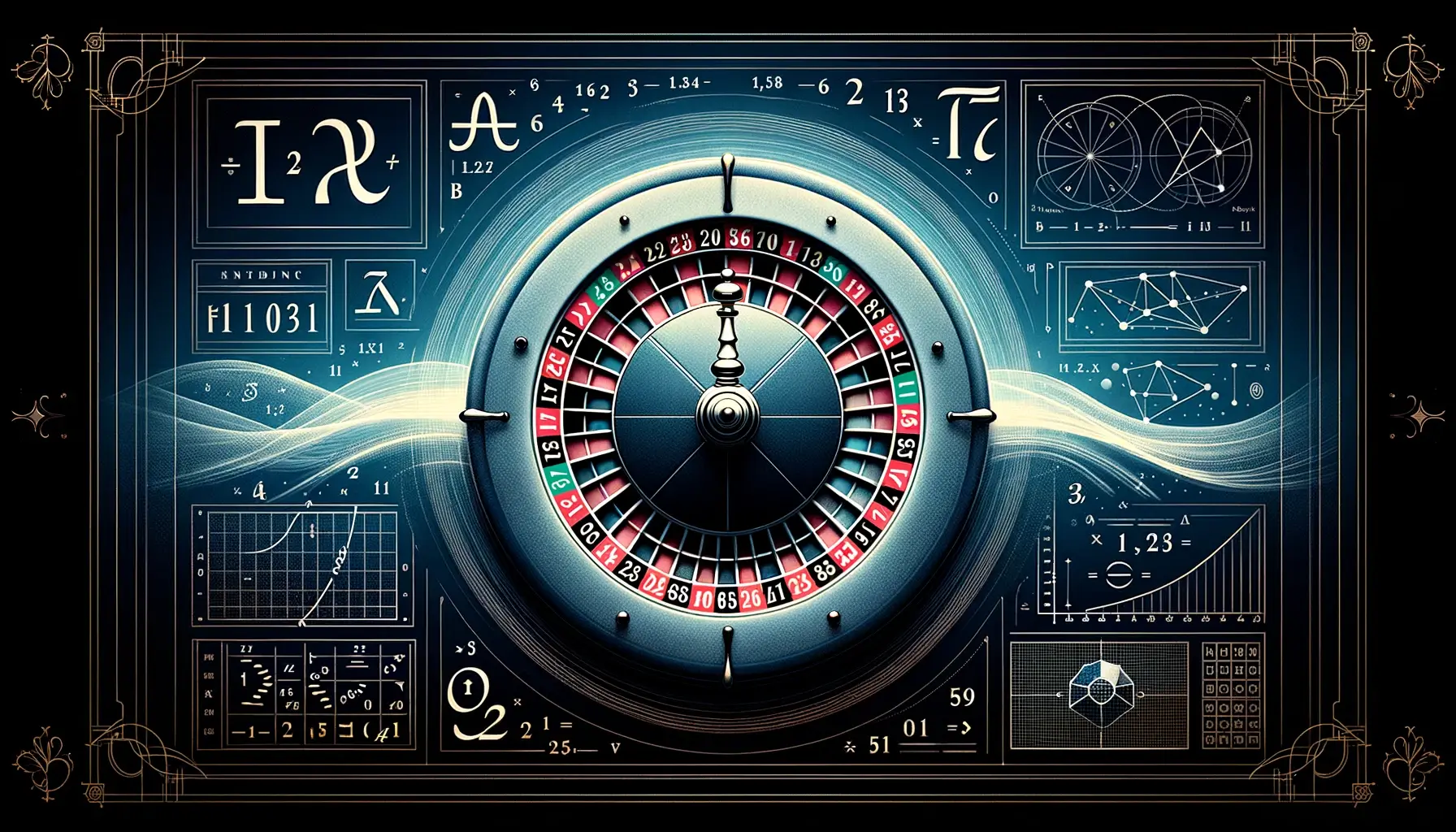Online Casino Mechanics: A Detailed Mathematical Exploration
The enchanting world of online casinos, where fortunes are made with the spin of a wheel or the turn of a card, is underpinned by a foundation not of luck, but of mathematics. The allure of casino games often eclipses the intricate mathematical principles that govern their outcomes. Let's delve into the captivating intersection of mathematics and the games found in online casinos.
Probability and Odds
At its core, every casino game is a study in probability. Whether you're spinning a roulette wheel or drawing a card from a deck, you're essentially engaging with a mathematical model of chance.
For instance, in European roulette, the probability of the ball landing on any given number is 1/37, since there are 37 possible outcomes. Similarly, the odds of drawing an ace from a standard deck of cards is 4/52 or 1/13.
2. House Edge
Every casino game is designed with a certain 'house edge'. This is a term used to describe the mathematical advantage that the game, and by extension the casino, has over the players in the long run. The house edge ensures that casinos remain profitable.
For example, in American Roulette with its double zeros, the house edge is 5.26%. This means that for every $100 wagered, the casino expects to keep $5.26 on average over time.
3. Return to Player (RTP)
Often used in slot games, the Return to Player (RTP) is a metric expressed as a percentage, indicating the amount of money a player can expect to win back for every dollar they bet. If a slot game has an RTP of 96%, it means that, theoretically, for every $100 wagered, a player can expect to get back $96 over a long period.
4. Combinatorics
Especially relevant in games like poker, combinatorics involves determining the number of possible combinations in a given situation. For example, the number of ways to deal a 5-card poker hand from a standard 52-card deck is calculated using combinations and results in 2,598,960 possible hands.
5. Random Number Generators (RNGs)
A cornerstone of online casinos, RNGs ensure that every game outcome is random. This mathematical algorithm produces sequences of numbers that are unpredictable. When you spin a virtual slot machine or get dealt a hand in online blackjack, it's an RNG working behind the scenes to ensure fairness.
6. Statistical Independence
Many casino games are built on the principle of statistical independence, meaning that each event is independent of the previous ones. In roulette, for instance, the outcome of one spin has no bearing on the outcome of the next spin.
7. The Law of Large Numbers
This mathematical theorem states that as a sample size grows, its mean will get closer to the average of the whole population. In the context of casinos, this implies that while short-term outcomes can deviate significantly from expected averages, the more one plays, the closer their results will align with the casino's edge.
In conclusion, the charm of online casinos lies in the interplay of chance and strategy, but it's the underlying mathematics that dictate the rules of the game. Whether you're a player aiming to beat the odds or simply someone enjoying the thrill of the game, understanding the math behind the glitter and glamour can offer a richer appreciation of the casino world.















